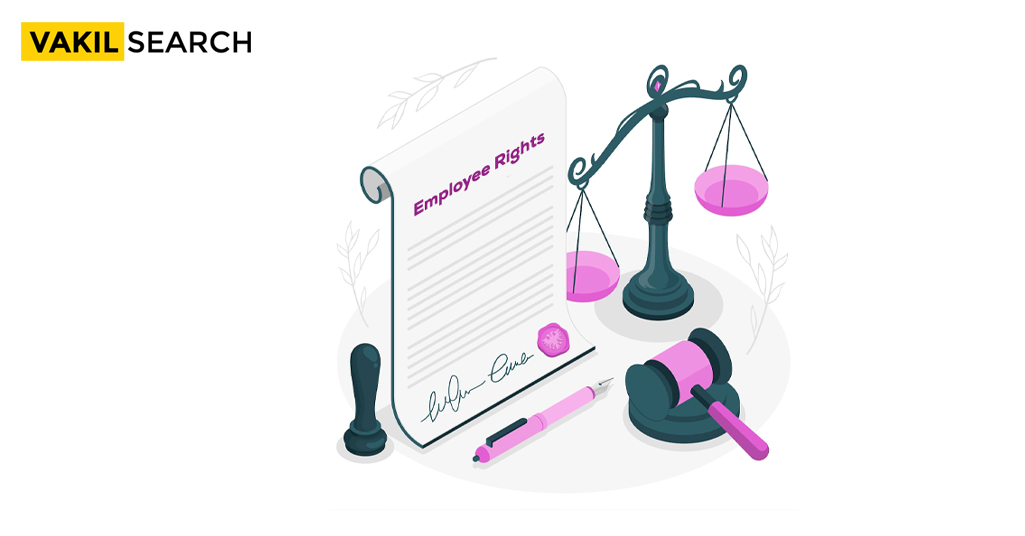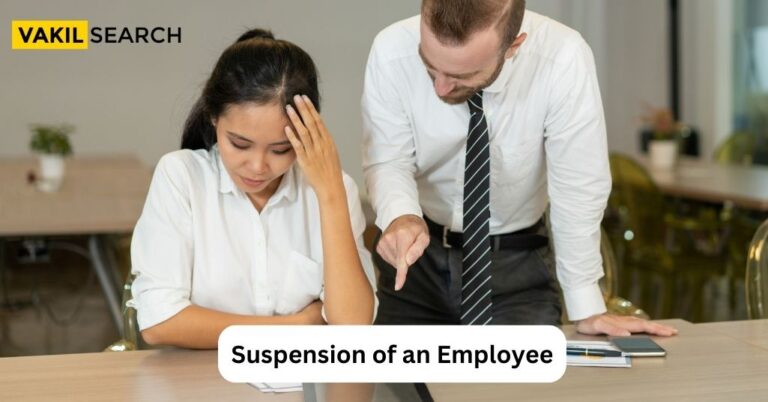Wondering about the nuances of probation? You’ve stumbled across just the right article. Keep reading to know more!
A probation period is a designated time frame during which an employee is assessed to ascertain their qualifications for a specific position. If an employee’s performance is found to be unsatisfactory during this probationary period, the employer has the right to terminate their employment, and such action is generally considered lawful.
Probation Period: Overview
The probationary period serves as a trial duration to evaluate an employee’s suitability for a substantive or long-term position. The confirmation process is crucial in determining whether the employee meets the required qualifications.
Protection for Regular Employees
Regular employees enjoy various protections, including safeguards against arbitrary dismissal and entitlement to termination benefits. However, if a probationary employee’s performance falls below expectations, termination during the probationary period is justified, and the employer’s decision is considered reasonable.
During a Probationary Period: Everything You Need to Know
The probationary period is a learning experience for both employers and employees. Employees assess their capabilities and compatibility with the organization, while employers aim to understand the employee’s skills, work habits, knowledge, and career objectives.
Additionally, staff members evaluate their adaptability to various aspects such as commuting, working hours, corporate culture, regulations, physical space, and more.
What Takes Place After the Probationary Period Is Over?
After the probationary period concludes, if the employer deems you unsuitable for the position, they may terminate your employment. Conversely, if you feel the job is not the right career path for you after graduation, you have the choice to resign.
During the probationary period, you will typically receive a salary, regardless of the outcome. However, the salary during this trial period might be lower than the regular wage.
Rules and Regulations Governing Probation Periods
Court decisions have provided clarity on the status of probationers, especially in a landmark ruling by the Supreme Court’s Constitution Bench. The following excerpts highlight key considerations:
Probation in Government Service
When appointed to a permanent government position on probation, individuals undergo a trial period, similar to those hired by private employers. Probationary employment can be for a specified duration or without a defined timeframe. If a probationary employee is found unsuitable, termination can occur during or after the probationary period.
Legal Framework for Probationary Employment
In the legal context of mentor and servant relationships, probationary employment ceases if the trial period reveals the individual is inappropriate for the role. Termination during or after the probationary period for a government employee is not inherently a punishment but can be considered a dismissal, removal, or rank reduction.
Employment Termination Rights
The Supreme Court asserts that employers have the right to terminate a probationary employee immediately. The evaluation of suitability occurs during the probationary period, and if the employee’s performance is subpar, termination is justified as proof of their unsuitability for the position.
Securing Your Professional Journey
A comprehensive employment contract is crucial for navigating your professional journey successfully. Such a contract should outline rights, responsibilities, and terms to ensure a thriving career. It serves as a vital tool in understanding the employer-employee relationship and protecting the interests of both parties.
Understanding Probation Period Rules and Regulations
-
Termination During Probation
In cases of termination during or after the probationary period, it is not considered a punishment, as both government and private sector employees on probation undergo a trial period. The termination is justified if the employee is found unsuitable for the position.
-
Renewal of Probationary Period
If an employment contract specifies a fixed probationary period and the employee continues to provide services afterwards, they are still considered on probation. Employers may extend the probationary period until they are satisfied with the employee’s qualifications.
-
Transition to Regular Employment
Successful completion of the probationary period leads to regular employment. Employers evaluate performance, productivity, and workplace interactions. Transitioning to regular employment may come with higher pay and additional perks under a standard employment contract.
-
Employment Termination
Probationary periods make employment termination easier, with both the employer and employee having flexibility. Employees are free to leave if they find a better fit, while employers may end employment if skills could be better utilized elsewhere.
-
On-Time Regularity
Punctuality is crucial during the probationary period. Timely arrivals and departures reflect adherence to workplace norms. Employers monitor these aspects closely, impacting decisions on permanent employment.
-
Eagerness and Curiosity
Cultivating curiosity, especially if it aligns with the job’s requirements, can enhance the chances of receiving a job offer after the probationary period. Eagerness is a valuable trait regardless of the job profile.
-
Strong Communication Skills
Effective communication during the probationary period is essential. It allows employees to articulate their thoughts, build relationships with colleagues, and initiate the learning process, enhancing overall productivity and efficiency.
Understanding and adhering to these aspects during the probationary period contribute significantly to a successful transition to regular employment and long-term career growth.
The Takeaway
Every company operates with its unique work culture, and it is imperative for a new employee to grasp these nuances. Therefore, as a newcomer, a significant portion of your time should be devoted to observing and understanding the company’s procedures, philosophies, rules, and organizational structure from your superiors. This holds particularly true if you are in a leadership role.
For those aspiring to leadership positions, it is essential to acquaint themselves with diverse organizational leadership philosophies prevalent in the industry.
If you need assistance in navigating the intricacies of the Probation Period, don’t hesitate to reach out to the legal experts at Vakilsearch.
FAQs on Probation Period
What is a probation period?
A probation period is a trial period during which an employee's performance and suitability for a position are assessed by the employer.
How long does a typical probation period last?
Probation periods typically last between 3 to 6 months, but the duration can vary depending on the employer and the nature of the role.
What happens during a probation period?
During a probation period, employees are expected to demonstrate their abilities, learn about the company, and adapt to the work environment. Employers use this time to evaluate the employee's performance and fit for the role.
Can a probation period be extended?
Yes, in some cases, a probation period can be extended if the employer needs more time to assess the employee's performance and suitability for the role.
What happens if an employee fails the probation period?
If an employee fails the probation period, the employer may terminate the employment contract with a shorter notice period than after the probation period. However, it's important for employers to follow local employment laws and regulations.
Are employees entitled to the same benefits during the probation period?
Employees on probation are typically entitled to the same benefits as permanent employees, but this can vary depending on company policy and local regulations.
Can an employee resign during the probation period?
Yes, employees can resign during the probation period, but they may be subject to a shorter notice period than after the probation period.
Are employees on probation eligible for performance reviews and feedback?
Yes, employees on probation should receive regular feedback and performance reviews to help them understand expectations and areas for improvement.
Can an employee be promoted or receive a salary increase during the probation period?
Promotions and salary increases during the probation period are uncommon, as this period is intended for the employer to assess the employee's performance and suitability for the role.
What should employees do to succeed during the probation period?
To succeed during the probation period, employees should communicate openly with their managers, seek feedback, demonstrate a strong work ethic, and strive to meet and exceed performance expectations.
Read More










